Special education is under unprecedented scrutiny from parents, teachers and the government. What's working and what's not?
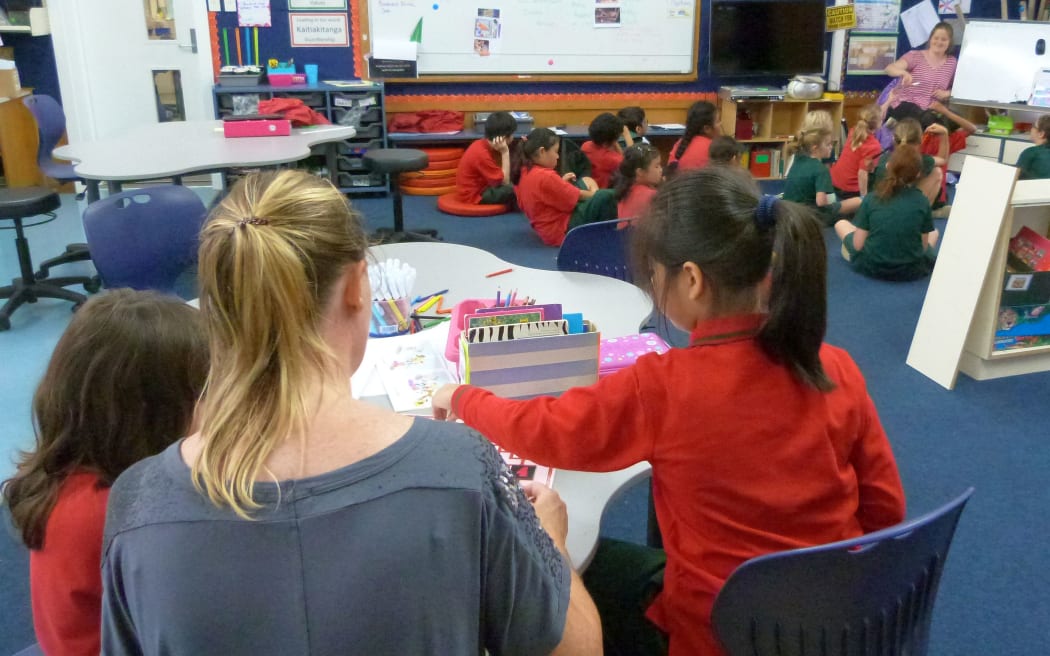
A teacher's aide works with special needs children Photo: RNZ / John Gerritsen
At Newmarket School in Auckland, a specialist teacher is working one-on-one with a child who has special education needs. She is asking her to arrange coloured sticks in columns representing "tens" and "ones".
At another table, a teacher's aide sits with two more children while the school's special education needs coordinator (SENCO) talks with a local resource teacher of learning and behaviour (RTLB) who advises teachers on how to work with children with disabilities.
At first glance it's simply a snapshot of the special education system at work. But look a bit deeper and some of the strains on the system are evident: The specialist teacher is paid for from the school's operational funding, the SENCO role was created by the school from its staffing entitlement, and the RTLB says that while she can come up with good plans for integrating children into the classroom, there isn't always the money to make them happen.
The Ministry of Education admits the system is not sustainable, but it says change is coming in the form of an "update" that will make special education simpler and better coordinated.
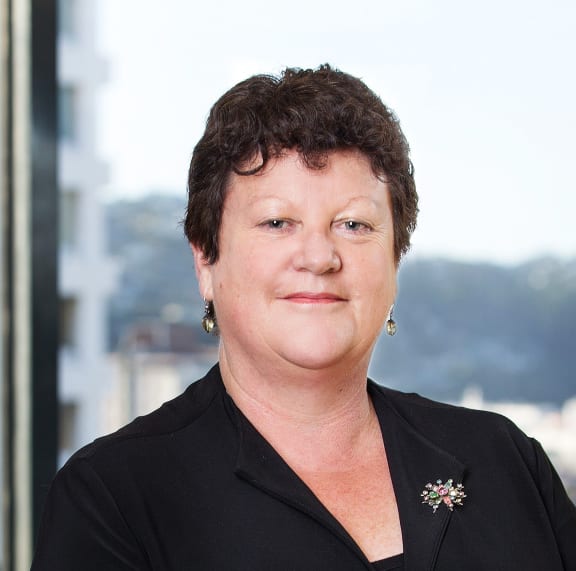
Katrina Casey from the Ministry of Education Photo: SUPPLIED
The Ministry's head of sector enablement and support, Katrina Casey, says the details are still being finalised, but the aim is to make the system simpler and better co-ordinated.
"We're looking at changing the system so that we basically have everything designed out from the child and we look at building on the things that we know work and that work incredibly well, and also looking at tailoring and targetting services and making sure that all the parts of the system that are delivered in different places are working together in the interests of the needs of the child."
A lot of criticism of special education centres on its funding, but Ms Casey says the ministry is not expecting to get more money for the update.
"Before you can talk about funding you need to be convinced the system is the most efficient it can be and we're not convinced about that."
Trial projects the ministry is running this year to help shape the update are already making improvements that people had not thought possible and that shows improvements can be made without more funding, she says.
The Education Minister, Hekia Parata, says the government has been investing more in special education.
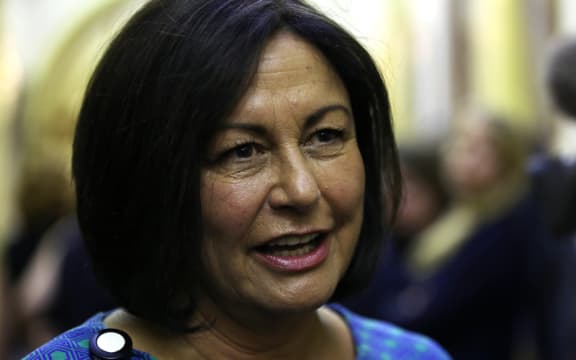
Education Minister Hekia Parata Photo: RNZ / Alexander Robertson
"We are currently spending $590 million, or just over, on special education and that has increased by 29 percent from six years ago, so there is more funding. But are we getting the best out of that funding is the question we're trying to answer, and I don't think we are."
That will not go down well with the families of children with disabilities or with teachers and principals - especially at schools in poorer neighbourhoods.
Ministry figures show schools in the lowest five deciles have only 40 percent of the school roll but 61 percent of the children in the Ongoing Resourcing Scheme, 60 percent of the children in the ministry's Behaviour Service, and 52 percent of the children who are with the Communication Service.
The deputy principal at decile one primary Manurewa East School in Auckland, Kathlene Porter, says the school has a special education register of about 30 to 50 children - far more than the five or so children listed on the register of the nearby decile 10 school where she used to work.
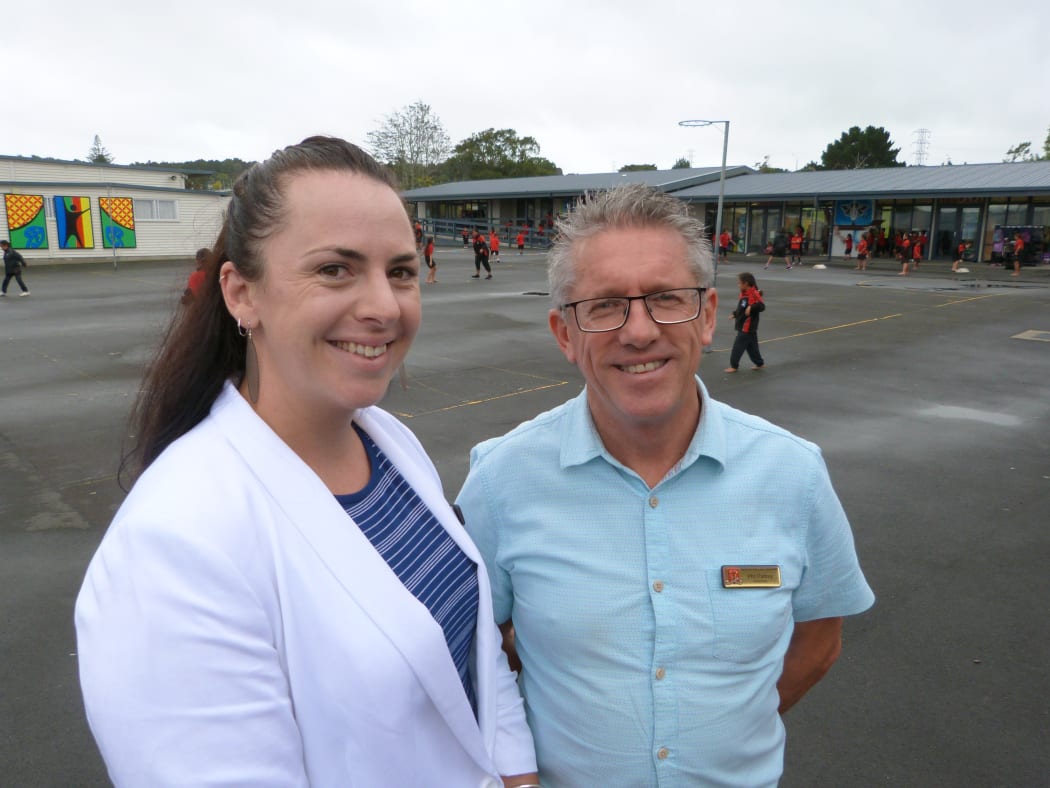
Manurewa East School deputy principal Kathlene Porter and principal Phil Palfrey. Low decile schools have more children with special education needs than higher decile schools Photo: RNZ / John Gerritsen
"The only difference is the socio-economic area. There is a direct correlation between not just educational needs for those children, but also the health needs, the social needs, the access to housing, budgeting, resourcing through WINZ and social development and what is on our register - it can't be denied, it's fact."
Manurewa East's principal, Phil Palfrey, is a member of the Principals' Federation's executive with responsibilities for special education.
He is positive about the special education update, but doubts it will go far enough, especially given the growing number of children with behaviour problems.
They do understand what we're dealing with, I get that, but right now there's nothing significant supporting us for those children."
Another part of the sector crying out for more funding is early childhood education.
It has 20 percent of the children in the education system, but gets only 5 percent of the special education funding.
Katrina Casey says the update will ensure children get help earlier, but the chief executive of the Early Childhood Council, Peter Reynolds, says change cannot come soon enough.
"The model isn't working, it's got to be changed and it's got to be done quickly. It's okay to take your time over doing a review or whatever you want to call it but at the end of the day we've got people falling through the gaps right now and they shouldn't have to."
At Newmarket School in Auckland the transition from early childhood education to the classroom is the focus of one of 22 trial projects the ministry is running as part of its update.
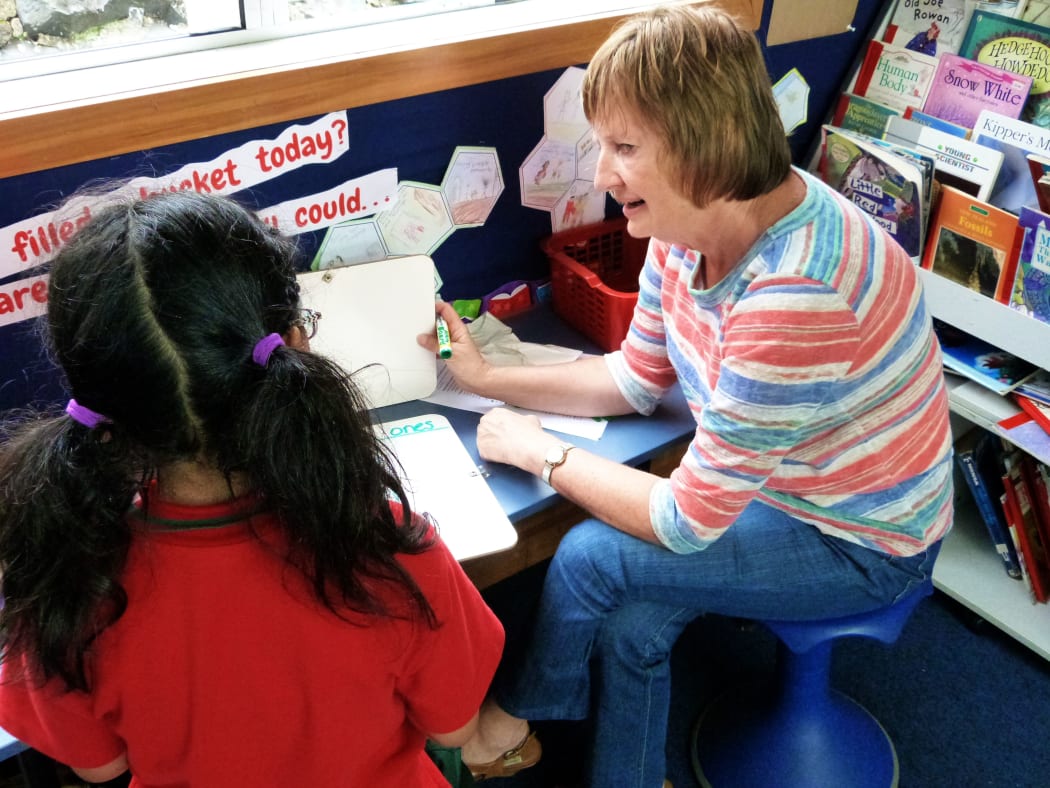
Sunnydene Special School outreach teacher Glennis Keown works with a child at Newmarket School in Auckland Photo: RNZ/John Gerritsen
It is trying to ensure children with special needs are well supported when they start school and the principal, Wendy Kofoed, says it is already making a difference.
"From a school's perspective we now have a bridge between the early childhood centre and the school. So rather than children rock-up on their fifth birthday ready to start school and the teacher and the school having no supports in place, not having met parents in some cases, we now are able to nest the child through into that starting school process."
For all the talk of levels of support and pools of funding, parents and disability advocates often complain that schools and teachers don't actually want the cost and hassle of having children with special needs in their classrooms.
Giovanni Tiso is the father of a child with special education needs and he believes the problem is rooted in the structure of the school system.
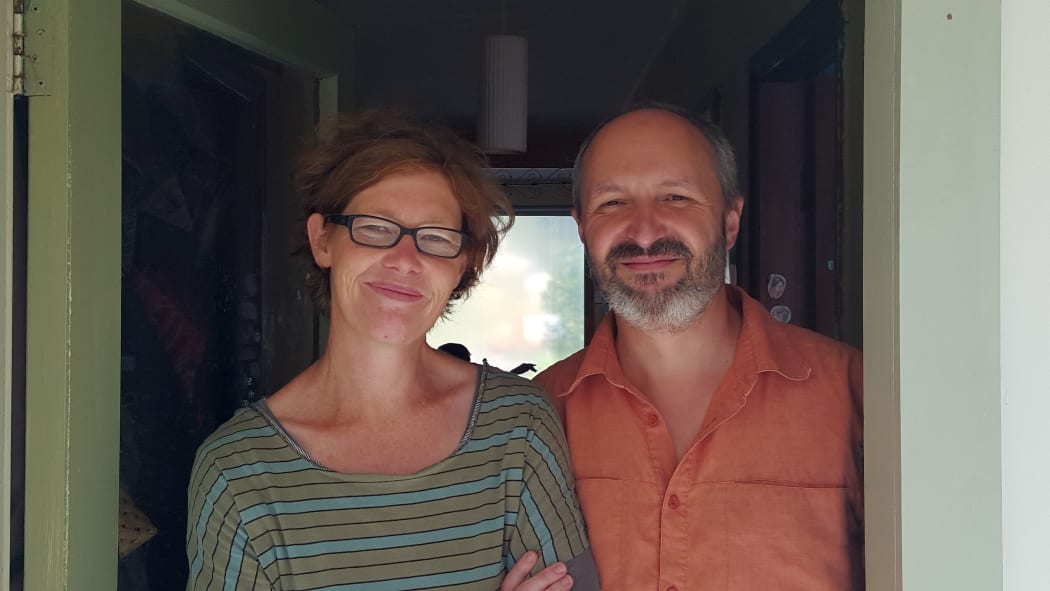
Wellington parents Justine Fletcher and Giovanni Tiso. "There is a massive equity gap." Photo: RNZ/John Gerritsen
"At the moment the policy is such that it rewards schools that aren't inclusive by virtue of the fact that if you do use your operational funding to support children with special needs above and beyond the very little provision there is, that's money that could have gone somewhere else. Because there's competition between schools that creates a very powerful incentive not to have children with special needs in your school."
Mr Tiso says schools that welcome children with special needs are also punished in their national standards results, which looked a lot worse than those of schools with fewer children with special needs.
Disability advocacy group IHC says the result is discrimination and it has made a complaint under the Human Rights Act which it hopes will reach court this year.
IHC director of advocacy Trish Grant says there will have to be major changes if the IHC wins its case.
The government, however, is backing the update, saying this will free up resources and improve the system
Ms Grant is unconvinced: "From what we've seen we're not confident that there's anything new or different in here that's going to address the issues that have been consistently raised by principals, by teacher unions and by families and advocacy groups like IHC."

